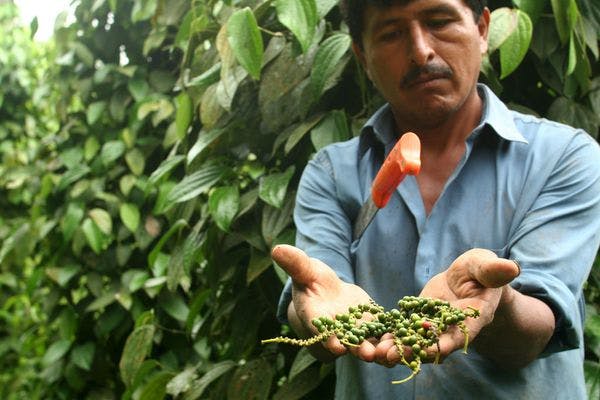Des experts se sont réunis en Thaïlande pour discuter les approches de développement alternatif en vue de l'UNGASS 2016
Le deuxième atelier de l'ICAD a eu lieu en Thaïlande et les participants ont visité des projets de développement alternatif pour la culture du pavot en Myanmar et en Thaïlande.
Pour en savoir plus, en anglais, veuillez lire les informations ci-dessous.
Abonnez-vous à l'Alerte mensuelle de l'IDPC pour recevoir des informations relatives à la politique des drogues.
In preparation for next year's Special Session of the United Nations General Assembly on the World Drug Problem (UNGASS 2016), more than 150 policy makers, experts, practitioners, members of international organizations and civil society from 27 countries gathered this week to exchange ideas and lessons learned, and to consider alternative development in the context of the global development agenda. The second International Workshop and Conference on Alternative Development (ICAD2) was hosted by the Government of Thailand, in collaboration with the Government of Germany and the UN Office on Drugs and Crime (UNODC).
Last week, participants visited alternative development project sites in Myanmar and Thailand, where rural communities previously grew opium poppy to meet their basic needs. Both Governments made a long-term commitment to support these areas with alternative development interventions to gain viable, legal income alternatives and help them to improve their livelihoods. Community representatives from several generations of alternative development beneficiaries in Thailand shared their personal stories of the change they experienced over the years. The older generation recalled times of conflict and lawlessness, lack of opportunities, dependency on opium poppy cultivation, heavy drug use and engagement in other illicit activities. The younger generation described how decisions by their grandparents and parents contributed to the improved socio-economic situation they enjoy today.
Alternative development is a critical component of a comprehensive drug control strategy. It is a combination of development intervention and law enforcement that sustainably reduces illicit crop cultivation. When farmers engage in illicit crop cultivation or drug trafficking, they typically do so because of poverty and the necessity to meet basic needs. It is the absence of legal and sustainable income opportunities that forces them to engage in cultivation of illegal drugs.
Click here to read the full article.
Keep up-to-date with drug policy developments by subscribing to the IDPC Monthly Alert.
Thumbnail: Flickr Unión Europea en Perú
Sujets
Régions
Profils associés
- United Nations Office on Drugs and Crime (UNODC)
